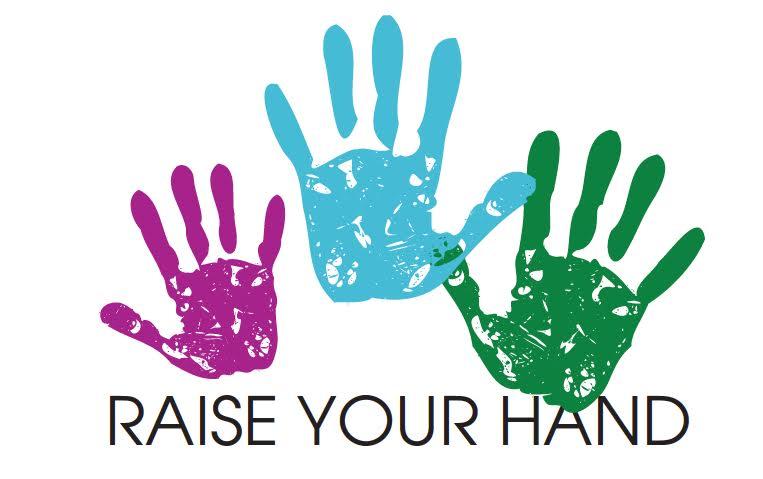“Raise Your Hand” is a monthly editorial column written by high school students and their peers in collaboration with the Honolulu Star-Advertiser. Its purpose is to provide a platform for youth voice, particularly DOE students. Since its start in March 2016, over 100 articles have been published in the Honolulu Star-Advertiser.
We fervently believe that when youth are allowed to voice their opinions, amazing feats are accomplished. A young adult’s concerns are not only about school lunches, bullies, or the dress code. The younger generation is just as passionate and invested as their adult counterparts in issues facing our world. After all, they are our future leaders!
Click here to learn more about Raise Your Hand.

